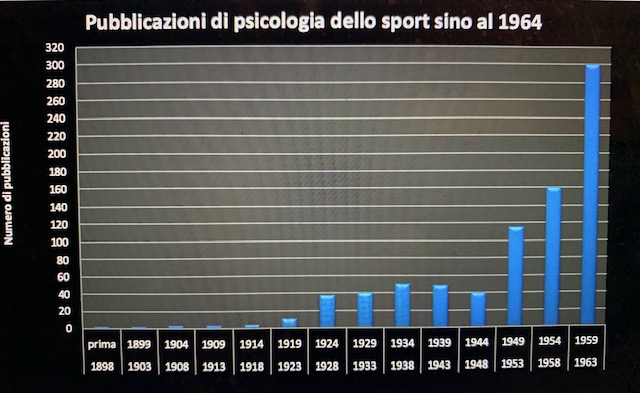Ekkekakis, P. Why Is Exercise Underutilized in Clinical Practice Despite Evidence It Is Effective? Lessons in Pragmatism From the Inclusion of Exercise in Guidelines for the Treatment of Depression in the British National Health Service.
Exercise remains greatly underutilized in clinical practice for reasons that are only partly understood. This critical review situates the problem within the broader political and economic context. It focuses on depression, the leading cause of disability worldwide, and the processes that followed the inclusion of exercise as a treatment option in clinical practice guidelines in the British National Health Service. The review highlights previously unaddressed phenomena, including antiexercise lobbying by primary care physicians and efforts to present the evidence for the antidepressant effects of exercise as weak, nonexistent, or methodologically flawed. Notably, the field of kinesiology remained silent while these processes unfolded. This information suggests that the path from research evidence to implementation in clinical settings remains dependent on factors beyond the amount and quality of research evidence. The review underscores the need to vigilantly monitor, critically appraise, and actively participate in the clinical research literature and the development of guidelines.








